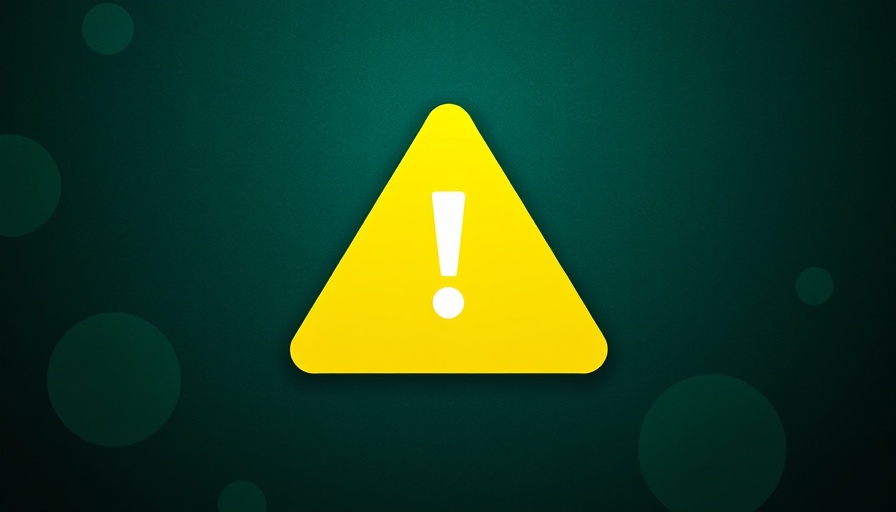
The Outcome of WhatsApp vs. NSO Group: A Major Legal Victory
In a landmark verdict, WhatsApp achieved a significant legal milestone against the infamous NSO Group, with a jury mandating the spyware manufacturer to pay a staggering $167 million in damages. This ruling marks the conclusion of a fierce battle that has persisted for over five years, beginning back in October 2019 when WhatsApp accused NSO Group of hacking into the accounts of more than 1,400 users through a vulnerability in the audio-calling feature of its application.
Unveiling NSO's Tactics: The Zero-Click Attack
During the week-long trial, critical testimony highlighted the so-called zero-click attack that the NSO Group employed. This method allows spyware to infiltrate a target's device without any direct interaction from the user. According to WhatsApp’s legal counsel, the attack worked by sending a fraudulent phone call through WhatsApp's infrastructure. This facilitated the downloading of the Pegasus spyware onto the device without the target's knowledge, simply by using their phone number.
Where It All Began: The Genesis of the Lawsuit
WhatsApp’s allegations primarily point to NSO Group's exploitation of vulnerabilities within its app, leading to unauthorized access to user data. The trial not only revealed details about the attack mechanism but also showed how NSO Group has been under scrutiny for its impact on personal privacy and national security worldwide. The company had previously claimed that their software is meant exclusively for governmental use against serious criminals, but evidence gathered during the trial suggests otherwise.
Revelations on Government Use of Pegasus
NSO’s CEO, Yaron Shohat, testified that the company’s government clients utilize Pegasus without selecting specific hacking methods. This brings into question the ethical implications of how governments may use such tools — potentially targeting any citizen, regardless of their background or activities.
The Implications for Privacy and Surveillance Worldwide
This lawsuit highlights not just the specific instances of wrongdoing by NSO Group but also underscores a growing concern over privacy in the digital age. With the increase in surveillance capabilities through technology, many are left questioning the balance between security and individual rights in various countries.
International Reactions and Future Implications
The verdict has sparked a wave of discussions globally about the use of spyware and the accountability of companies like NSO Group that produce such technology. As outrage continues to rise, many are advocating for stricter regulations and oversight for such surveillance tools, making it clear that the tech industry and legal systems must evolve to protect users' rights.
Final Thoughts: Navigating a Changing Landscape
The outcome of this case stands as a warning to companies in the tech sector about the implications of disregard for user privacy. As advancements continue to evolve rapidly in technology, the dialogue surrounding security versus privacy remains ever relevant.
This case is not merely a court ruling; it’s a pivotal point that will influence the tech industry for years to come. Understanding how surveillance tools and algorithms are used against ordinary individuals will become increasingly crucial in advocating for a safer, more equitable digital environment.
 Add Row
Add Row  Add
Add 



Write A Comment